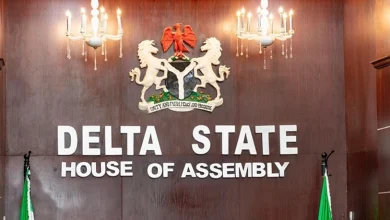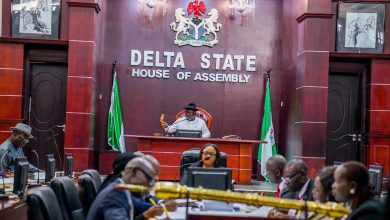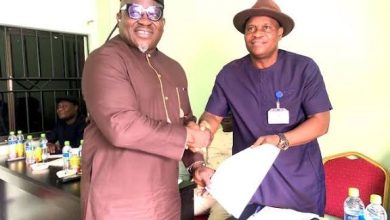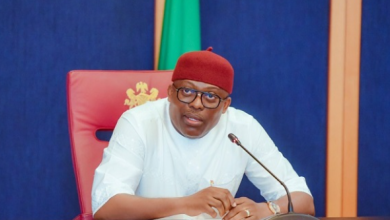Niger Delta
€175m EIB-funded project to tackle erosion, climate vulnerability in Edo
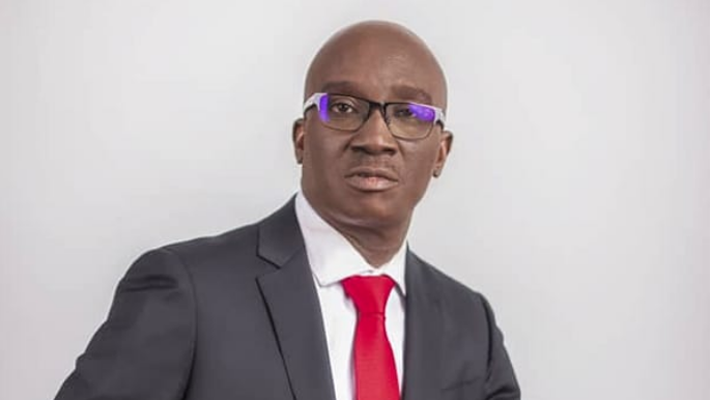
The Edo State Government has unveiled a six-month work plan for its €175 million European Investment Bank (EIB)-funded Nigeria Climate Adaptation – Erosion and Watershed Project (NEWMAP-EIB).
The project aimed to tackle gully erosion, land degradation, and climate vulnerability across the state.
Mr Ahmed Momoh, State Coordinator of the project and Chief Executive Officer of the Edo Flood, Erosion and Watershed Management Agency (EdoFEWMA), said this at the project’s inaugural steering and technical committee meeting in Benin City on Thursday.
Momoh said the initiative was to tackle gully erosion, land degradation, and climate vulnerability across the state as part of a broader effort spanning 23 Nigerian states.
“Only 10 per cent of the EIB funding will be accessible in the initial phase, with states required to meet key administrative and logistical benchmarks.
”Edo State Government has already released N500 million in counterpart funding,” Momoh said.
He stressed the urgency of meeting pre-launch conditions such as staffing, procurement, and office readiness.
“Preparedness is key. Without timely disbursement of counterpart funding and proper logistics in place, we risk missing critical targets,” he said.
The Chairman of the Steering Committee and Permanent Secretary in the Ministry of Environment and Sustainability, Mr. Jude Ekpu, called for efficient use of resources and a result-oriented approach.
“This project must yield outcomes that fully justify the investment. Our objective is to position Edo State as a benchmark for climate adaptation across Nigeria,” he stated.
A detailed six-month roadmap was presented, outlining timelines, performance indicators, and mechanisms for tracking impact.
The roadmap will guide the implementation of the project and ensure that targets are met.
The NEWMAP-EIB initiative is a continuation of the earlier World Bank-supported erosion control project. This new phase focuses on scaling interventions through stronger institutional coordination and community-driven solutions
